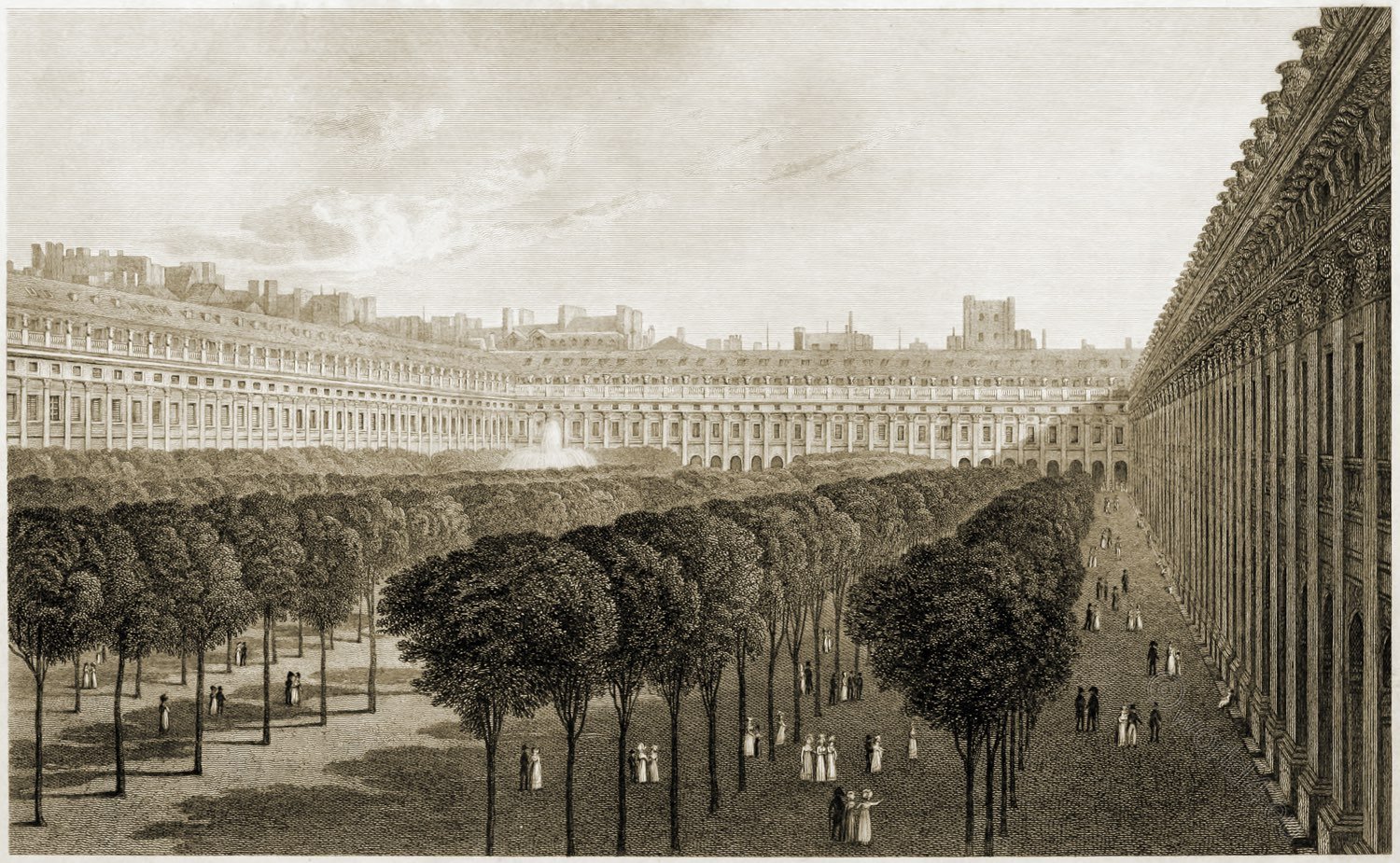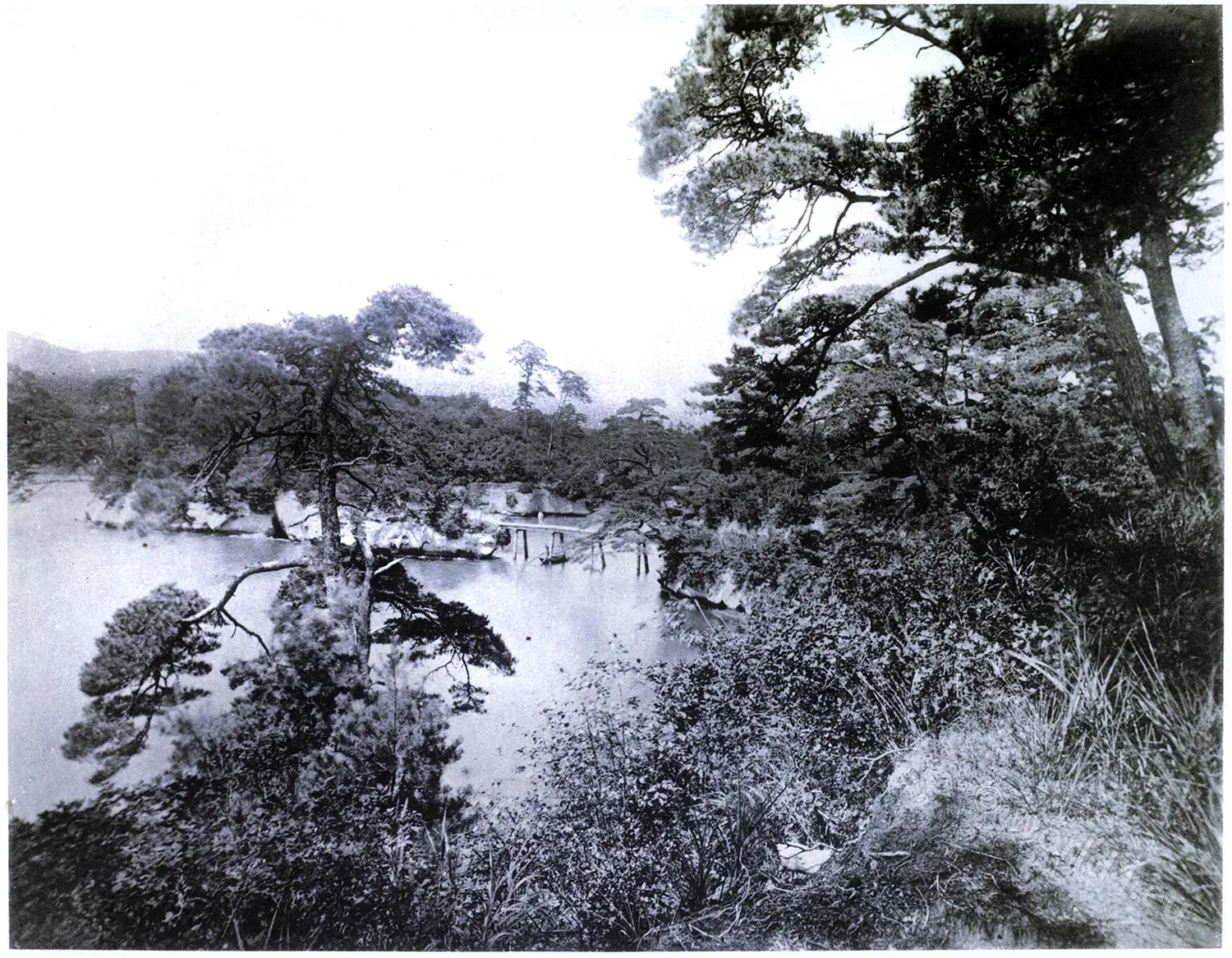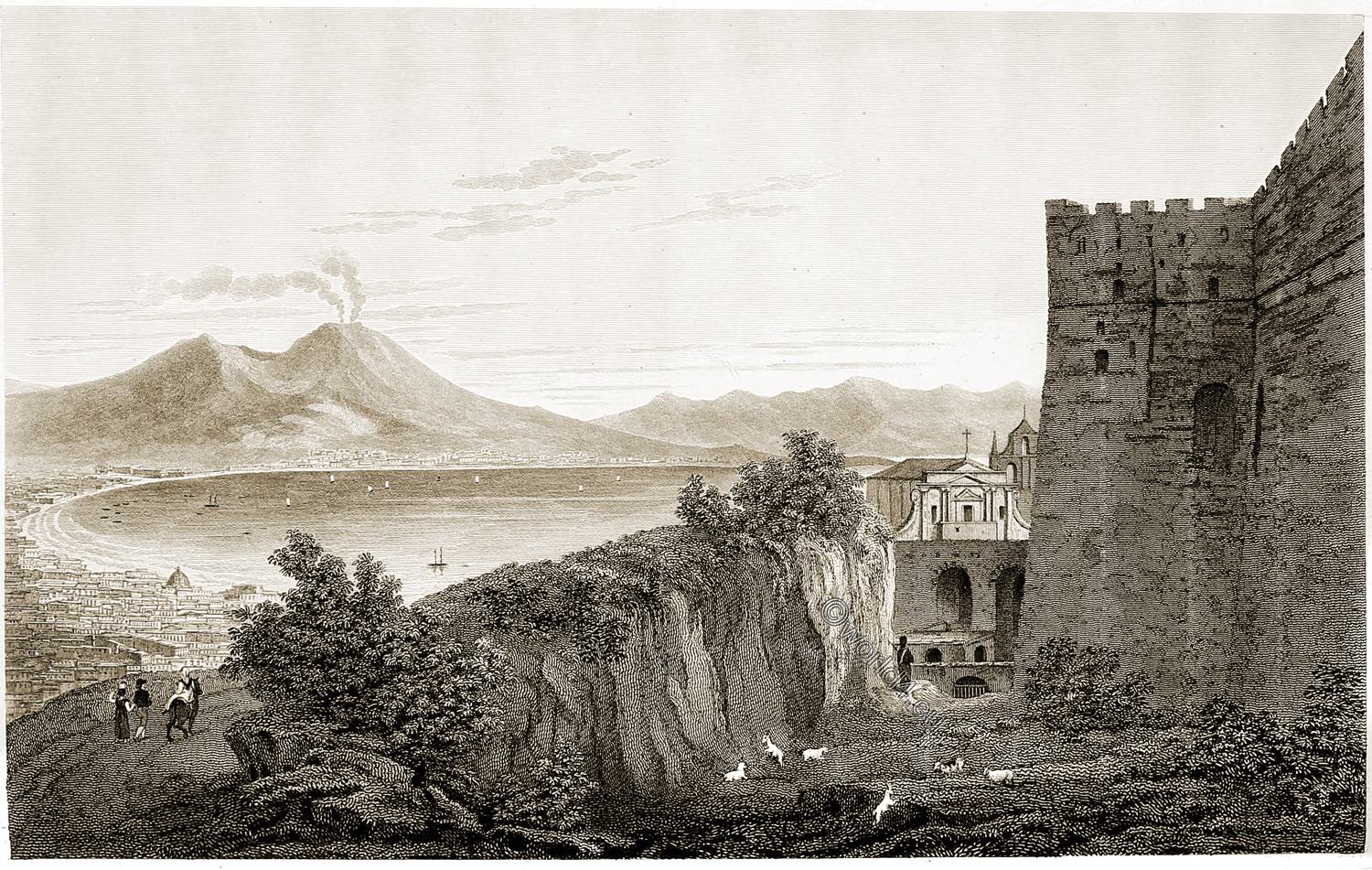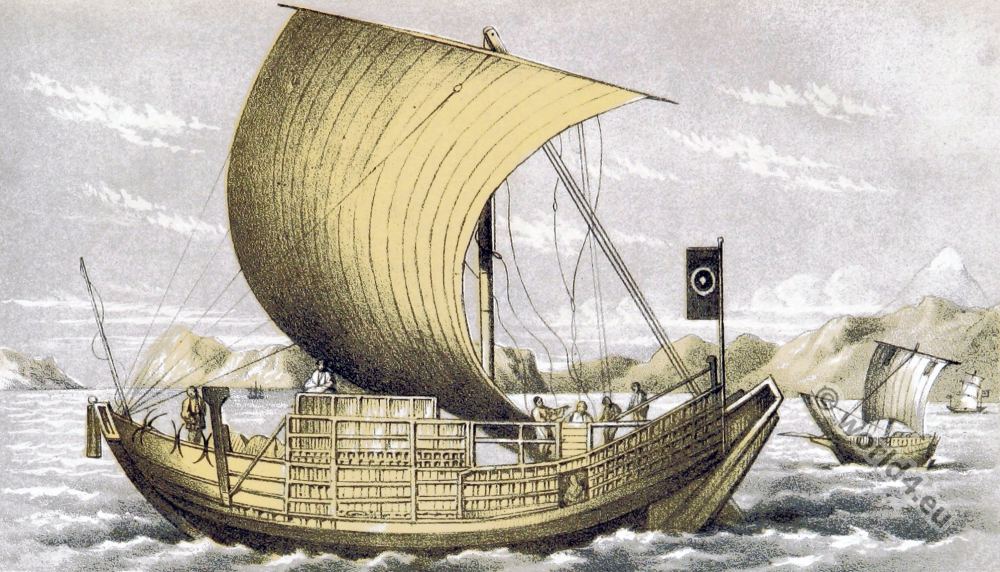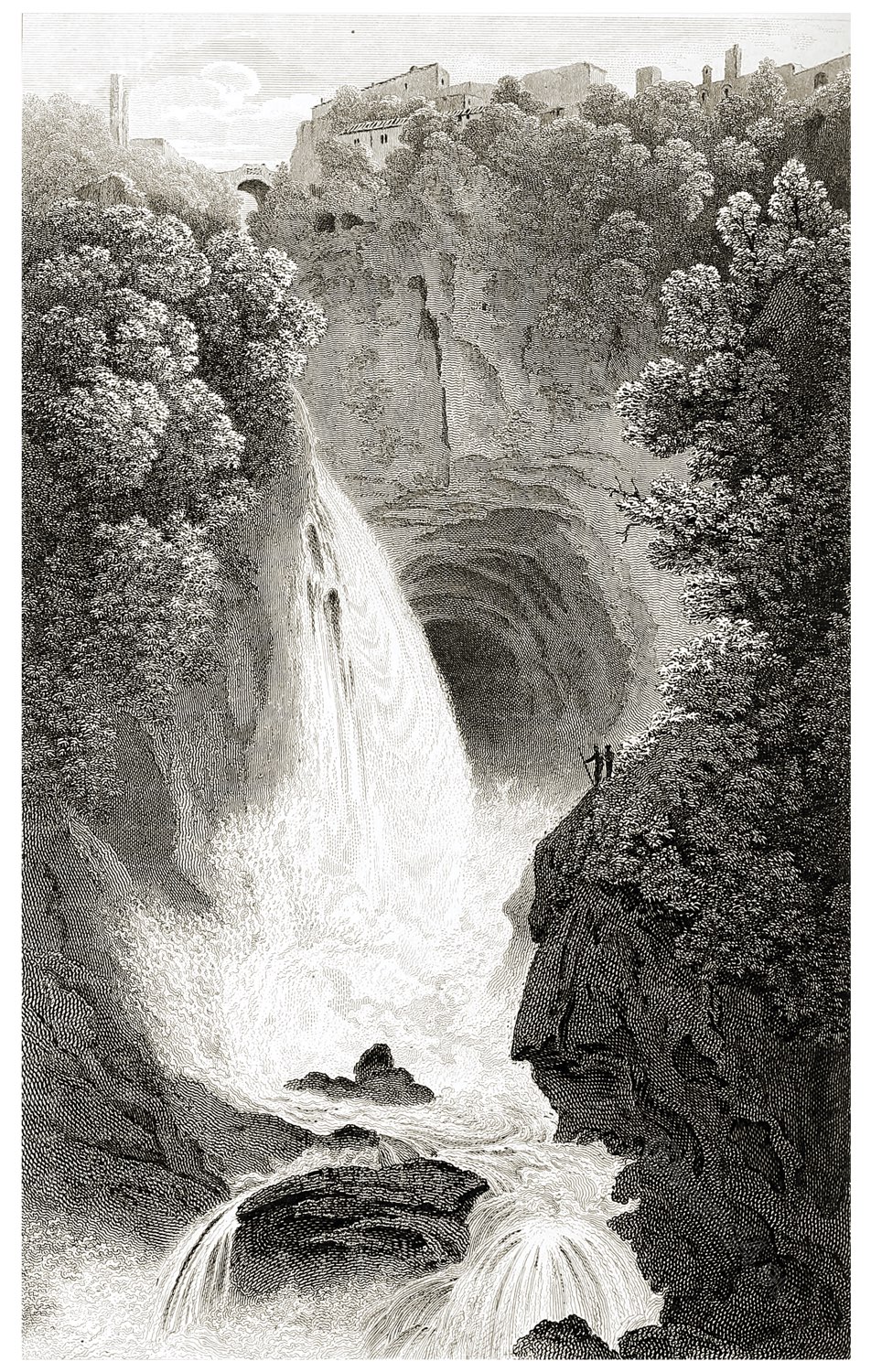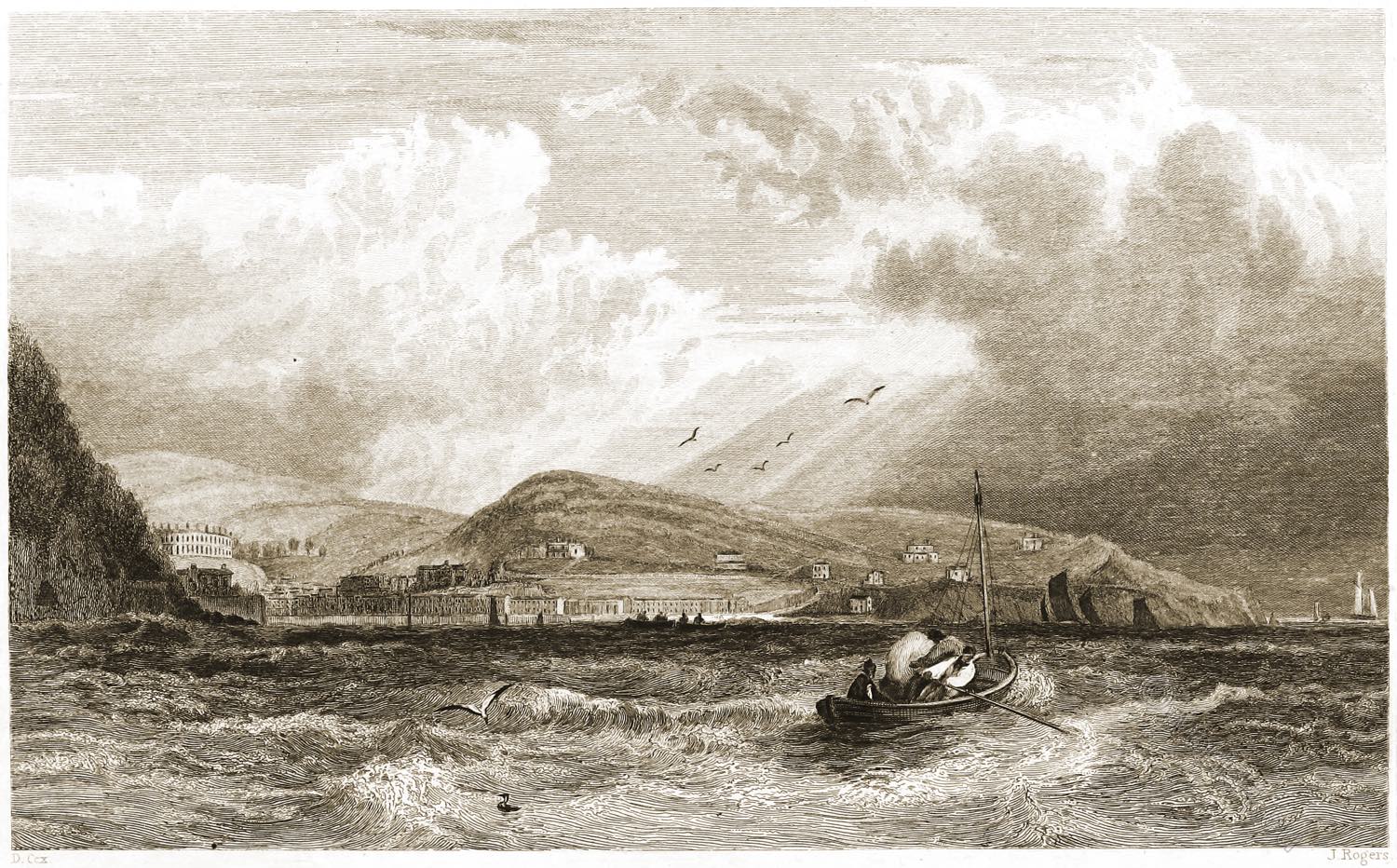
TORQUAY, DEVON.
"Deep meadowed, happy, fair, with orchard leaves,
And flowery hollows crowned the summer sea."
When Napoleon the First surrendered to the English, and on board the Bellerophon gazed on the seaboard of Torbay, he is said to have exclaimed, “What a beautiful country!” And the coast of that portion of our island deserves admiration.
With its natural ramparts of rock, its shelving beach, its gorse-crowned promontories, its background of fertile country, its glassy sea, breaking in yeasty foam at the foot of limestone cliffs with summits clothed with foliage, the scene from Torbay is unsurpassed on the English coast.
No wonder is it that Torquay should have become a favourite resort of visitors; no wonder it should be called the English Montpellier, and should attract so many thousands every year. Sheltered by the Braddons looking out upon the sea, Torquay rises as in three terraces,—shops, and trees, and villas, and terraces of stone, picturesquely blended.
Here a handsome quay and pier enclose an extensive basin; there modern houses, commodious and elegant, stretch out to the slopes beyond Beaconhill; here in the open air blossom the citron, the orange, the myrtle, and the aloe, and there the eye rests on broad masses of colour, formed by rhododendrons and hydrangeas.
There is a noble Assembly-room for those who seek town pleasures out of town agreeable promenades for those who relish the open air and soft sea breezes; here is an ancient chapel four centuries old, and there a heap of boulders marking the site of the monastic pier: more than all, here is a country exquisitely beautiful, and a climate admirably suited to invalids.
Look out upon the sea, how still and calm it is, and as the red sun sinks, presents a thousand variegated colours in the light ripple on its surface. There are ships anchored in the bay, and one or two boats are coming in shore, but there is nothing to disturb the peaceful serenity of the scene.
The soft warm breeze gently stirs the apple blossoms in the orchards on the coast, and plays with the verdure on the limestone rock, the ocean stretches out to meet the sky, and there is nothing but a shadowy line to mark their union. But the neighbourhood of Torquay was not always so quiet as it is now.
Vessels of a foreign foe have appeared upon our Western coast, and threatened a descent, and English fleets have ridden in Torbay, expecting nothing else but a smart engagement with a powerful foe. Seventy years ago the people of the scattered villages on the coast looked out with something of terror on the ocean, which brought within sight of our shores a French and Spanish fleet, bent on doing desperate work if the chance offered.
But then, as in all such emergencies, our English ships have been our wooden walls, and though the sailors be but men, and ships but boards, they have offered so bold a front that no foeman’s foot has pressed our soil. Here in those troublous times Admiral Darby with two-and-twenty vessels waited for the coming of the French and Spaniards waited for those who ventured not to come.
Once indeed the look-out men on the headlands saw strange sails rising from the sea, and the people on the coast collected as those ships approached, and a foreigner landed and was welcomed as England’s champion and future king.
This was the Prince of Orange, afterwards William III. James II. had by his tyranny and bigotry wearied out the patience of his subjects. The death of his father, the exile of his family, had failed to teach prudence to this unhappy Prince. The people had looked about for a leader and a king, and found an able champion in their own king’s son-in-law. They had invited him to come over and help them, and he came.
For twelve hours his fleet drove before the breeze towards the coast of Yorkshire, then suddenly backed, and stood down channel before the gale, and on the 5th of November reached Torbay. The weather was rainy and bad, and the Prince of Orange took up his quarters in a cottage, while his troops were landing, and from its thatched roof waved the flag of Holland, bearing the significant motto, “I will maintain the Protestant religion and the liberties of England.”
The result of the landing is familiar to all. The triumphal march of William, the dismay of James, the enthusiasm of the people, the flight of the king, the installation of the prince as sovereign of England, are well known facts. And they are facts of immense importance. William refused to accept the crown except as the gift of free men. He rejected the sophisms which were used to induce him to accept it as Consort to the Queen, and when he was proclaimed at Whitehall as an elective king, a new era began in English history, new strength was given to our national freedom, and he stood forth as the representative-man of England’s choice — sworn to maintain her religious and political liberties.
Source: Beauties of English scenery: illustrated with thirty-five engravings on steel, from designs by William Henry Bartlett, D. Cox, W. Daniell, R.A., H. Gastineau, C. Bentley, G. Shepherd, T. M. Baynes, &c. by John Tillotson (ca. 1830-1871). London: Allman & Co. 1860.
Discover more from World4 Costume Culture History
Subscribe to get the latest posts sent to your email.


